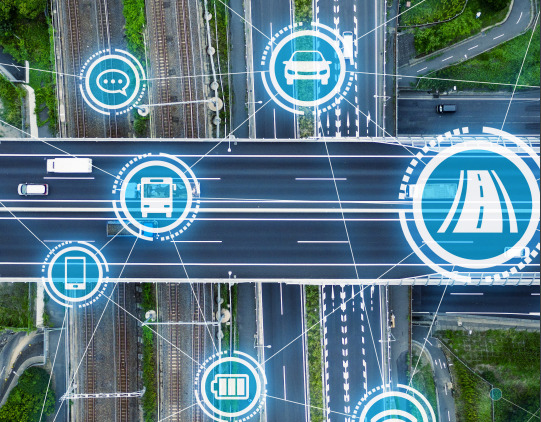Carnegie Mellon University researchers echo what TWU says: Human operators must remain onboard transit vehicles as Automation Technologies Advance
CMU researchers, including national policy leaders in the debate over the safety of AVs, urge policymakers to examine how new technologies will affect both the operation of and the workforce driving public transportation
The Transport Workers Union of America today is praising new, independent research from Carnegie Mellon University’s (CMU) Traffic21, a transportation research institute, that urges the use of human operators onboard vehicles as public transit agencies consider integration of automated technologies including autonomous vehicles (AV) into their operations.
In a policy brief released today, CMU researchers, including national policy leaders in the debate over the safety of AVs, urge policymakers to examine how new technologies will affect both the operation of and the workforce driving public transportation, and to prioritize safety. Citing the unique challenges faced by transit operators, including road hazards, emergency situations, changing weather, and the needs of passengers, researchers make clear that keeping highly skilled, highly trained human operators onboard transit vehicles — a priority long called for by the TWU — is key to the future of safety within the transit industry.
“These policy leaders and expert researchers at CMU have concluded what we have known for a long time: Robotic buses, no matter the level of automation achieved, cannot replace skilled operators who are there to keep our passengers safe during the challenging and unpredictable operating environment in public transit,” said TWU President John Samuelsen. “A driverless bus can’t intervene with an unruly passenger or go off-route during a security or weather emergency.”
The policy brief, “How To Make Sense of Bus Transit Automation?: Considerations for Policymakers on the Future of Human-Automation Teaming in the Transit Workforce,” outlines the state of automation in public transportation, discusses the challenges and benefits of autonomous vehicle technology, and offers policy recommendations for federal officials. The paper is a critical contribution to the evolving debate over the safety and reliability of autonomous vehicles especially in public transit.
Category: AUTONOMOUS, Connected Fleet News, Driver Stuff, Equipment, Featured, Fleet Tracking, General Update, News, Products, Safety, Tech Talk, Transit News, Vehicles











